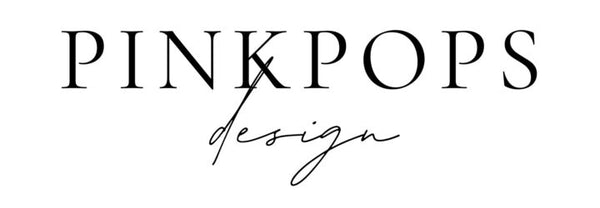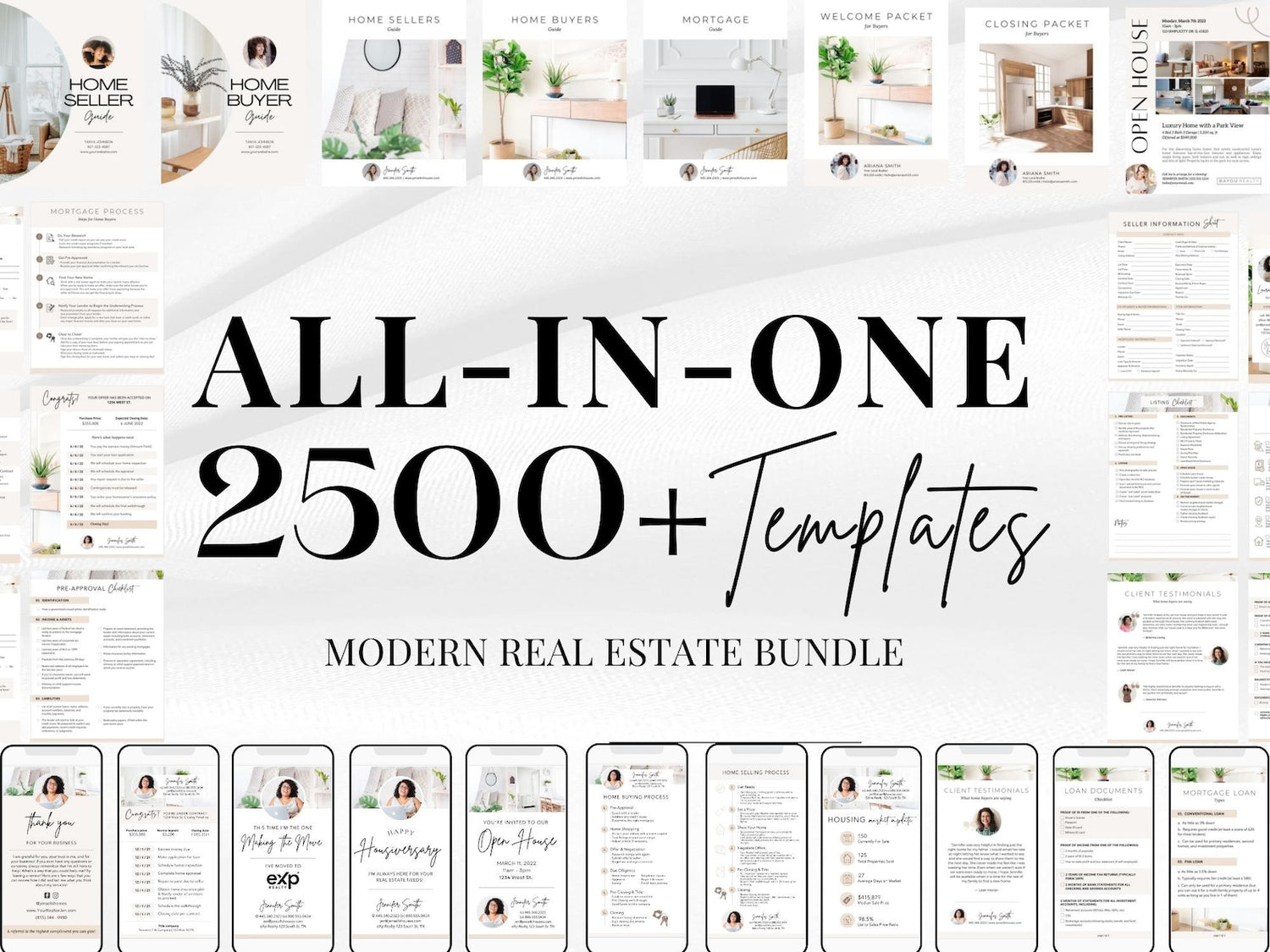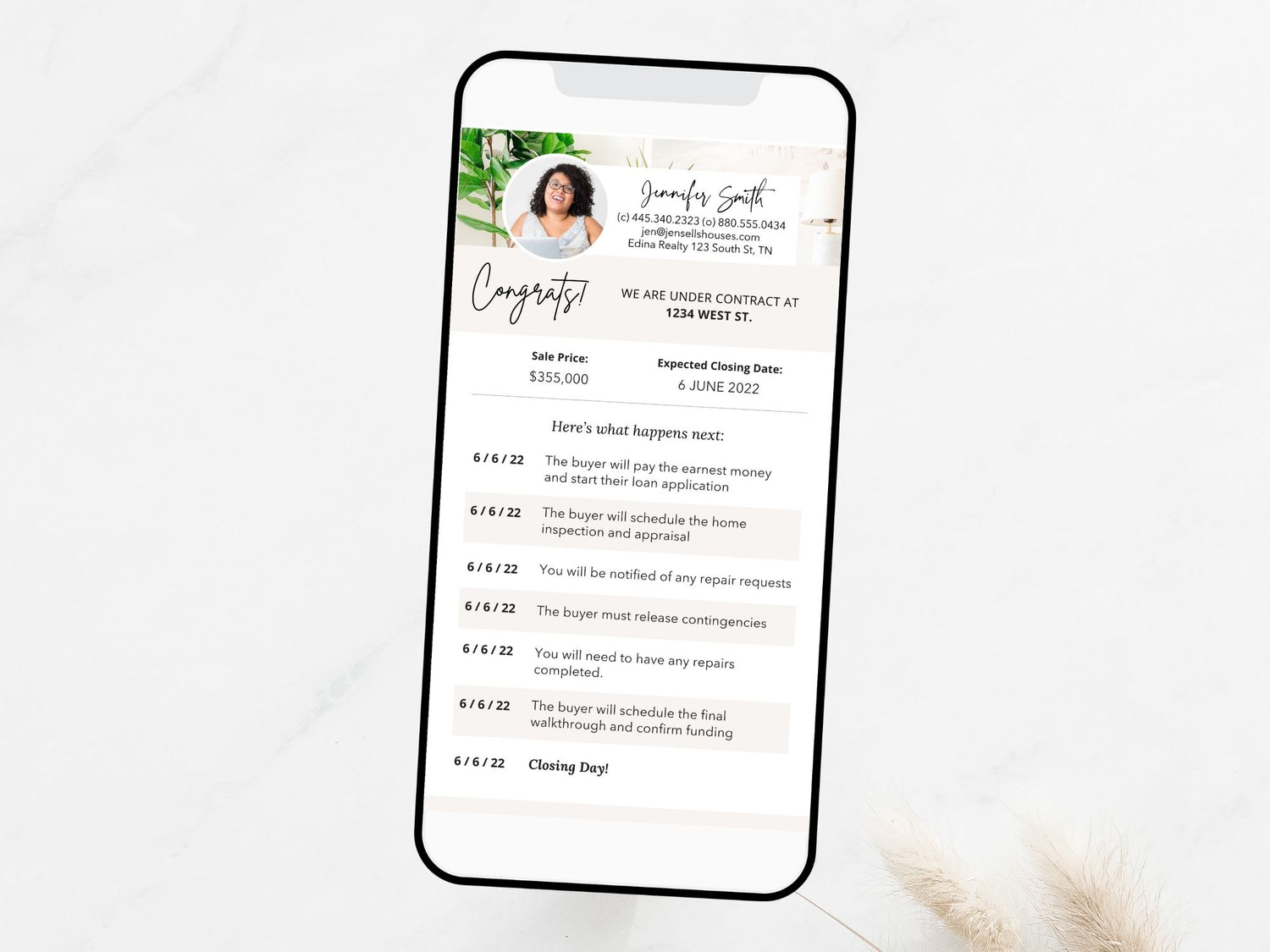When it comes to personal branding in real estate, it’s not about screaming, “Hey, hire me!” Instead, it’s about building meaningful connections with clients and letting your expertise shine through. A carefully crafted personal brand establishes your credibility, positions you as a trusted authority, and can help ensure the long-term success of your business.
Wondering if you really need a personal brand? The answer is a solid yes.
Personal branding isn’t optional; it’s important. Even if your brokerage has its own branding standards, creating a personal brand is essential for your career.
As a real estate agent, you’re essentially self-employed, yet you operate under a broker’s license. This unique position means that while you may need to use some of your brokerage’s branding materials, those materials aren’t your personal brand—they’re just tools you use.
Your personal brand goes beyond the name on your business card or the logo at the top of your website. It’s about who you are as a professional and what you bring to the table.
What is Personal Branding, Anyway?
Think of personal branding as your reputation in the real estate industry. It’s a conscious and intentional way of building how you want to be perceived.
How do you want your clients and colleagues to think of you? Maybe you’re known as the “neighborhood expert,” or the one who’s “incredible at negotiations” or the “top-notch 1031 exchange specialist.” Whatever it is, that reputation is your personal brand.
For real estate agents, your personal brand is essentially about your professional identity. It’s how you want your clients, prospects, and other professionals to view you and your work. So, if you’ve ever been curious or on the fence about whether personal branding really matters in real estate, let’s dive deeper.
Why Do Real Estate Agents Need a Personal Brand?
Picture this: a potential client is looking to hire an agent and types “real estate agent near me” into Google.
What’s likely to catch their eye on that endless list of search results?
Agents with a strong personal brand, right?
People are drawn to personalities, not templates.
A recognizable personal brand can set you apart from all the other agents in your market.
Personal branding is about you taking control of your message, your image, and your story. It’s how you tell the world what you bring to the table as an agent.
Clients are more likely to remember your name and work with you because they see you—not just the brokerage you represent. Your reputation is what keeps clients coming back and referring you to others.
For seasoned agents, you know how much of your business depends on referrals. And if you’re new to the industry, you’ve probably been told how important it is to build a reputation that leads to those word-of-mouth recommendations. A solid personal brand can make answering questions like, “Why should we choose you?” a lot easier.
If you’ve invested in developing a clear personal brand, you won’t hesitate when clients ask why they should work with you. Instead, you’ll give a confident, straight-to-the-point answer that speaks to your strengths and what makes you unique in the market.
Personal branding makes your expertise clear, and clients feel they can trust you—someone they’d want to recommend to friends and family.
How is a Personal Brand Different from Your Brokerage’s Brand?
Most agents work under the umbrella of a larger brokerage brand. This could be a small, boutique agency or a big, global brand. Either way, your brokerage likely has set standards for logo use, colors, language, and overall brand tone to ensure consistency.
These standards might help you attract clients by lending a sense of legitimacy, but they’re also broad. A large real estate brokerage needs a message that’s appealing to a large number of clients, so it has to stay pretty generic.
What this means for you is that brokerage branding can’t be the entirety of your personal brand. Just mentioning your company’s name isn’t enough to set you apart because most real estate clients see agents as doing similar work regardless of the brokerage. What they care about is you, the person they’ll be working with.
Building a personal brand allows you to target specific types of clients and stand out as an agent who can meet their needs.
Personal branding helps you get specific with your message. You’re able to focus on what makes you, as the person or agent, that is the right fit for the kind of clients you want to work with.
Brokerage branding can be helpful, especially when you’re first getting started and are new to the industry. But it can also be limiting.
If you want to switch brokerages down the line, having an established personal brand means your clients follow you because of your reputation, not just the brokerage name. Investing in your own brand is investing in your business and your future. By creating a brand independent of any brokerage, you don’t have to worry about starting from scratch if you change brokerages.
To help you further, consider purchasing your own domain name and setting up a professional email address that aligns with your brand. Instead of using the generic email address provided by your brokerage, a personalized domain and email allow you to keep your branding consistent and recognizable.
What Goes Into Personal Branding?
One of the biggest misconceptions about branding is that it’s only about logos, color schemes, and design.
While these visual elements are important, they’re just reflections of your brand, not the brand itself.
Your personal brand is really about your unique skills, personality, and value as a real estate agent. Maybe you’re known for being a luxury home expert, or you’re the go-to for first-time home buyers in your area. Your personal brand should reflect that unique value.
In real estate, branding assets can include things like:
- A professional website showcasing your expertise
- A logo that captures your personality
- A consistent social media presence with informative and engaging content
- Articles or videos that share your insights on the market
- Digital ads targeting the type of clients you want to reach
All of these elements reinforce your brand identity and message. And if creating all this content seems overwhelming, don’t worry! There are resources like our Real Estate Templates to help you get started quickly and easily.
Should Single Agents Use Their Own Name or a Business Name?
If you’re an individual agent, you may wonder whether it’s smarter to brand yourself using your name or to create a unique business name. Both approaches have their pros and cons, and it ultimately depends on your goals, market, and comfort level.
Using your own name has the advantage of making the brand highly personal and memorable. Clients are working directly with you, so using your name can help establish a connection. This approach is great for agents who want to build a brand around their personality, values, and approach.
On the other hand, using a business name can give a sense of professionalism and allow room for growth if you plan to build a team or add more services down the line. A business name can also be helpful if you work in a niche market and want to highlight that in your brand, like “Austin Luxury Homes” or “First-Time Home Buyers Pros.”
Regardless of whether you choose to use your own name or a business name, consistency is your path to successful personal branding. Make sure that whichever name you choose is reflected in your domain, email address, and all branding materials.
How to Build a Personal Brand
- Find Your Value Proposition
This is the most important step in the personal branding process. Think about your typical clients and the problems they need help solving. What unique skills or knowledge do you bring to the table that other agents don’t? Write this down in a simple statement, like:
- “I help first-time home buyers feel confident and informed throughout the buying process.” - “I’m a New York vacation rental expert who helps investors find properties that will grow their wealth.”
- “I’m a small business advocate who knows how to get you the right property to set up your business for success.”
Your value proposition has to be authentic. Make sure that the way you present yourself in your brand aligns with who you are as person.
For instance, if you build a brand that’s fun and witty, make sure your interactions with clients match that personality. If there’s a disconnect, it can lead to mistrust and ultimately hurt your reputation.
- Identify Ways to Communicate That Value Proposition
Once you know what makes you different, think about how you’ll communicate that in your marketing. Consider:
- The type of content you’ll create to share your expertise
- The tone of voice and style that will resonate with your target audience
- Marketing campaigns that will best showcase your unique strengths
Create a personal real estate website, post regularly on social media, and engage with your audience. Building a strong online presence is how you will attract clients who align with your personal brand.
- Write a Brand Strategy
Once you have a clear idea of your value proposition and how you’ll communicate it, write it down! Having a brand strategy document will help keep you on track as your business grows. When you add team members or hire marketing help, a brand strategy document ensures consistency in your messaging and presentation.
Your brand strategy should include:
- A description of your target audience
- Your value propositions
- Visual brand standards (colors, logos, etc.)
- Tone and voice guidelines
- Your primary marketing strategies
- Be Consistent
Remember, building a brand takes time and consistency. Look at big brands like Apple, Ikea, and Microsoft—they’ve only made minor tweaks to their branding over the years to stay current, but they’ve remained consistent in their core messages. In real estate, brand consistency builds recognition, trust, and loyalty.
Even if you feel your brand isn’t working initially….
Stick with it! Making too many changes can confuse clients. Keep your look, tone, and message steady. Give it time, and your brand will grow stronger.
The Bottom Line
A strong personal brand will make you more visible to prospective clients, helping them understand your unique offerings and giving them confidence in what you’ll deliver. Personal branding isn’t just about showcasing your skills—it’s about building trust and a solid reputation that makes people want to work with you.
Developing a personal brand might feel like a lot of work, but it’s an investment that pays off. In a field where “real estate agents are a dime a dozen,” a memorable personal brand helps you stand out.
So, if you’re ready to take your real estate career to the next level, start by building your personal brand. And if you’re looking for tools to make the process easier, check out our Real Estate Templates to help you create professional and consistent brand assets.
Also, if you’re serious about branding yourself, invest in your own domain name and professional email address instead of relying on your broker’s. Remember, this is your business.
Whether you’re using your own name or a business name, building your personal brand means you’re in control of your reputation and career.
To take your branding to the next level, explore our Real Estate Lifetime Bundle; a thoughtfully crafted set of tools to help you enhance your outreach, showcase your expertise, and connect with your community on a deeper level.







